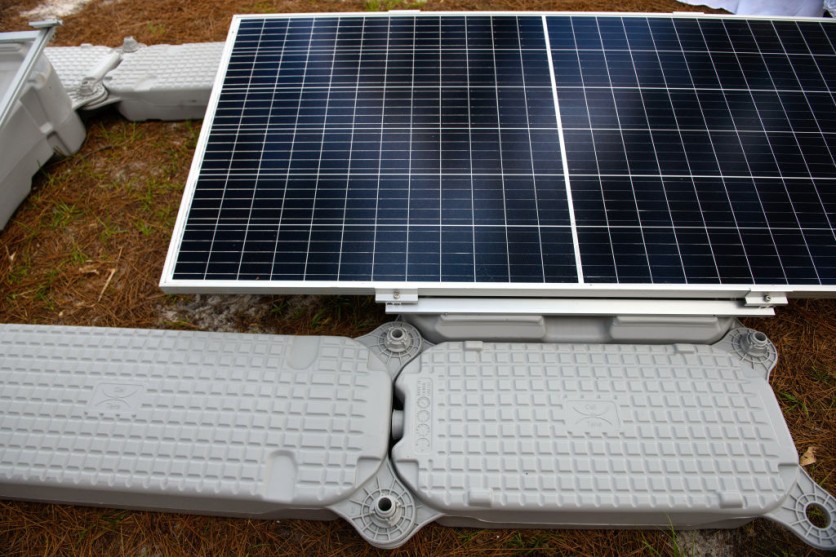Massachusetts Institute of Technology (MIT) has released a new paper that demonstrates the capabilities of aluminum-sulfur batteries that may potentially replace lithium-ion ones to save more money on renewable energy storage, according to a published statement.

The study was led by professor Donald Sadoway, the John F. Elliott Professor Emeritus of Materials Chemistry at the university. He referred to the periodic table to find a cheap, Earth-abundant, and easily accessible metal that could replace lithium safely and reliably.
From there, he used aluminum and paired it with the cheapest non-metal on the planet, which is sulfur. And for the electrolyte, he used various molten salts with relatively low melting points.
He combined aluminum, sulfur, and molten salts together, that are now proven to be safe and reliable. What makes this combination even better is that it doesn't need an external heat source to maintain an operating temperature. It's because the heat is generated by charging and discharging the battery naturally.
Sadoway and one of his students established a new spinoff company, Avanti, which has licensed the patents for the new battery system. Their first step is to demonstrate that the battery works at scale. If it does, it could revolutionize energy storage and could make renewables even more viable.
Renewable Energy Storage Battery Today
The increasing cost of clean energy storage is still the primary barrier to wider adoption of renewable energy. Energy storage enables the use of electricity when it's generated and removes strains on the grid when the demand is high.
The public perception that renewable energy is not reliable is also the major barrier to the adoption of clean energy. In addition, not many energy storage technologies are being developed.
Energy storage is crucial because it balances the intermittent supplies of power from the wind, solar, and geothermal plants, which makes them more efficient. It is equally important for electricity carriers who want to ensure the power supply is stable when the demand is high.
Energy storage systems vary from country to country, depending on the power grid, including pumped hydro (pumped storage), compressed air, flywheel energy storage, and others.
The lithium-ion battery is the most common technology used to store energy in the grids. It has proven to be reliable, but it's also relatively expensive. However, they can only provide short-term or intermediate storage, and they are not activated by renewable energy.
This is why companies and governments are looking for cheaper alternatives to store energy cost-efficiently and effectively.
The new aluminum-sulfur battery developed by MIT researchers is believed to be a potential solution.
Related Article: Tesla Megapacks Will Remove Hawaii's Last Coal Plant for 100% Green Energy Usage
This article is owned by Tech Times.
Written by: April Fowell
ⓒ 2026 TECHTIMES.com All rights reserved. Do not reproduce without permission.




